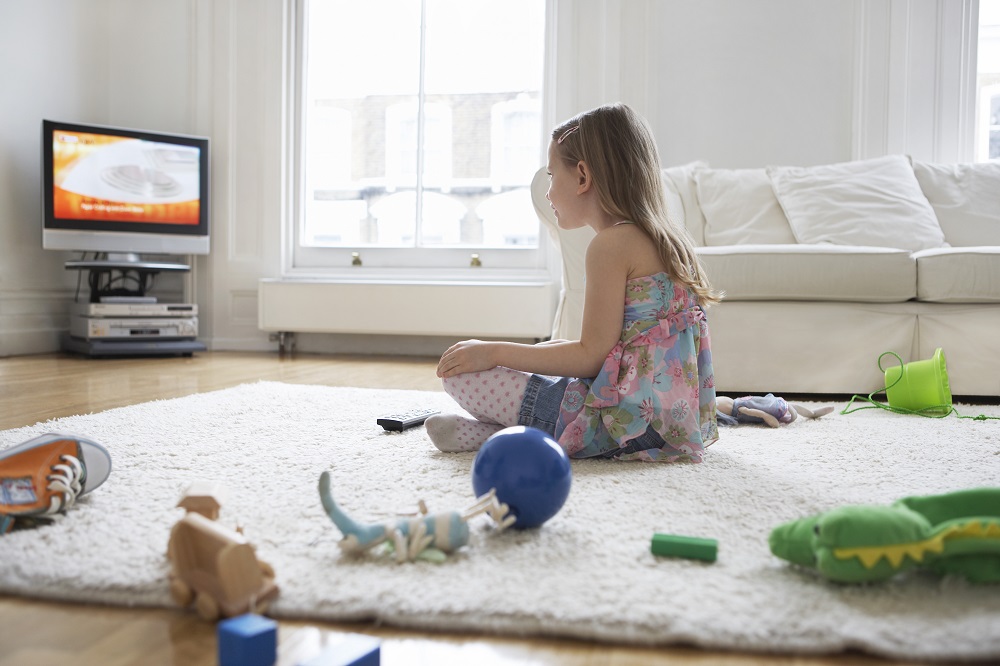I, like so many parents, have seen many, many hours of children’s TV and movies. I mean, I always loved cartoons and always watched them and saw most animated films as they came along, but since my daughter was born it was even more! Over time a few things became apparent to me, so I thought I’d ruminate about them here.
Firstly, we’re all aware that movies and TV shows contain messages, heck, when I was a kid sometimes the ‘moral of the day’ was included at the end of the program! Much of the time those messages of morality are great, I was raised on Sesame Street and those ‘Golden Rule’ values are still relevant to my life. I still strongly believe in treating others how we want to be treated, in fairness to all, that we’re all inherently equal, that if you see something wrong you should try to help right it. I was born in the mid 80’s, and I think those are the lessons many of us took from that time. But when I look at much of the programming that my daughter watches, is it the same?
Well, yes, mostly, but that’s in part because we curate what she watches. For instance, when our girl was a toddler, she got really into Peppa Pig for a little while. Now, most people see that as a fairly innocuous show for children, but then others will point out that Peppa actually misbehaves frequently, which isn’t a problem, there’s something to be learned from watching others be naughty. But what is a problem is that her bad behaviour is rarely called out on the show. She’s not taught that this way of behaving isn’t appropriate, so how’s your little one supposed to know it’s not nice to act that way?
Further to that, and the reason we ended up banning the pig, is the treatment of Daddy Pig. He’s the butt of the joke in episode after episode, because the show creators, two guys, felt uncomfortable making Mummy Pig the butt of the joke. There’s nothing wrong with sometimes being the butt of the joke, learning to laugh at ourselves is a healthy part of the maturing process. But when it’s the same character over and over, then it’s the not the same thing, then it shifts to everyone laughing at them, not with them.
It’s not always obvious, either. I didn’t know anything about it, so one day we watched an episode of Veggie Tales. As we watched that one episode, I came to realise that this show is very heavily promoting Christianity. That’s fine if that’s what you want, but what bothered me was that it wasn’t up front about it, I thought it was just a cartoon about vegetables, and I personally feel extremely strongly that spirituality is a very personal thing and that children shouldn’t be indoctrinated into religions. So that was the one and only episode of Veggie Tales we ever watched.
But what about shows that do generally align with the values you want to teach your children? Because, even great shows that have many good lessons for your little one, can sometimes have not so great messages. For example, how many times have you seen on cartoons, live action shows, and movies, a girl character hit or slap a boy character, with no mention made about this behaviour at all? There’s a great deal wrong with that, it trivialises violence, it suggests that it’s okay to hit if you’re a girl, like a girl’s physical strength is not even worth mentioning, and it suggests that it’s okay to lash out physically instead of expressing your emotions verbally and appropriately.
There’s also the less obvious but still-being-absorbed messages to look out for, like the interaction between the characters themselves. Do they treat each other with kindness and respect? Do they call out negative behaviours? Do they call them out in loving and compassionate ways? Do they make room and show that they value different sorts of personalities? Do they show the characters being accountable? All of these things are important!
But what if they don’t? Well, then it’s time to talk about those things with your children. If we see something we don’t like in shows we watch with our daughter, we don’t just ban it and say she can’t watch it, we discuss with her why we don’t like it and how we’d like to see the characters in the show manage that situation. Back when our girl was a toddler, we couldn’t explain the nuances of no-repercussions-for-naughty-Peppa, but now that she’s older we absolutely can and do talk about these things! Of course, as she’s gotten older these same thoughts and conversations are had over the games she plays and the books she reads, too. So many conversations! So good!
And don’t even get me started on the dangers of social media, that’s a can of worms we’ll open in another post!

